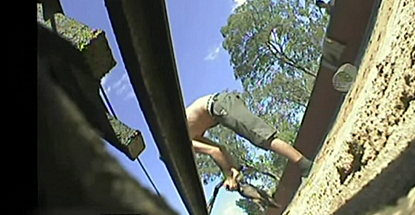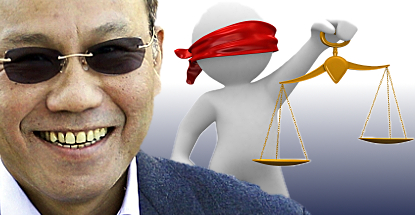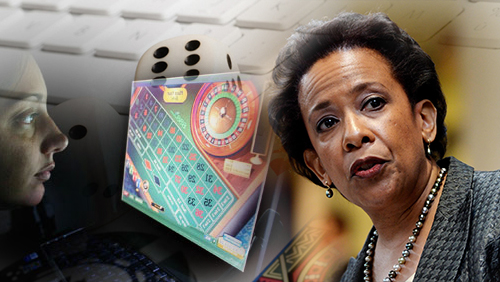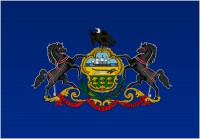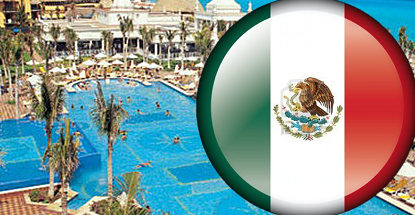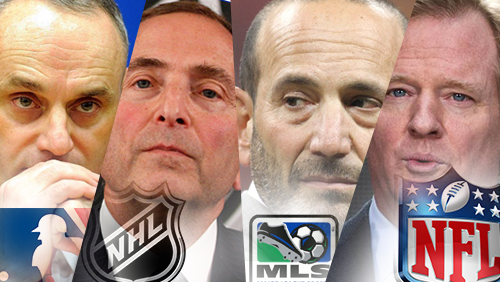Australia’s greyhound racing industry is in turmoil after an investigative television program uncovered shocking mistreatment of animals at a training facility. The entire board of Greyhound Racing New South Wales has been dismissed and politicians are calling for a temporary suspension of the industry.
The furore kicked off after Four Corners aired hidden camera footage of greyhound trainers using ‘live baiting’ to teach dogs to race. In place of the standard artificial lure, live animals – rabbits, possums, piglets, etc. – were tied to the mechanical lures. Once they caught up to the lure, the dogs would maul the animals, leading them to expect a similar ‘reward’ when they bolted out of the starting gate during an actual race.
The process of ‘blooding’ dogs has long been illegal in Australia but, as the footage demonstrates, it has a long way to go before it’s fully eradicated. Six trainers have been suspended in NSW, 10 more in Victoria and 13 in Queensland. A task force has been set up to investigate how widespread the practice of live baiting remains.
NSW Racing Minister Troy Grant ordered the dismissal of the racing board because “the community has lost confidence in the industry, and we now need the clear air in order to reform and reshape the industry.” Grant said the NSW greyhound industry was worth an annual $300m, employing or engaging over 15k individuals.
Grant’s actions weren’t enough to satisfy NSW Greens MP John Kaye, who said all greyhound racing should be suspended in NSW until the task force reveals its findings. Until then, Green believes “whatever race occurs in NSW will lack integrity,” as some dogs in competition will have been blooded while others have not. “There’s no way that can be seen as a fair gambling product.”
The government in Victoria has appointed a committee to investigate its own racing industry but has yet to take any disciplinary action against its board members.
SPORTSBET’S DOGGY STYLE
